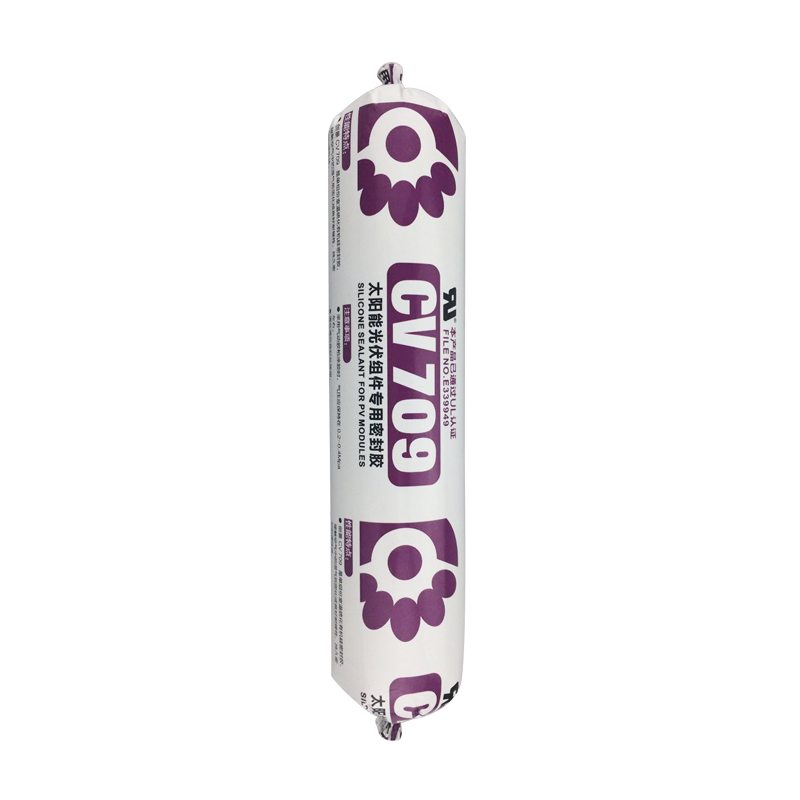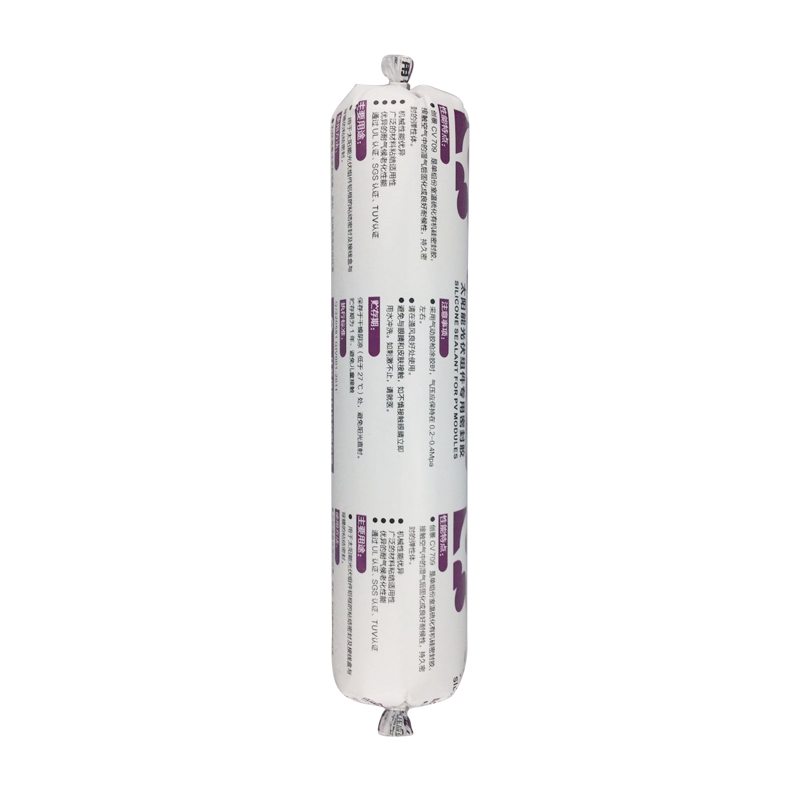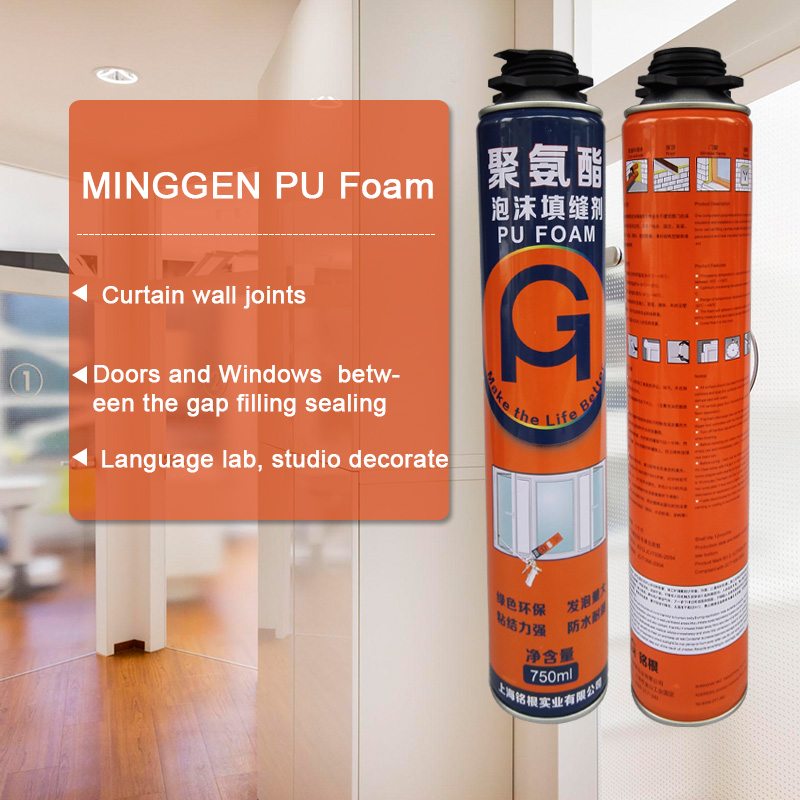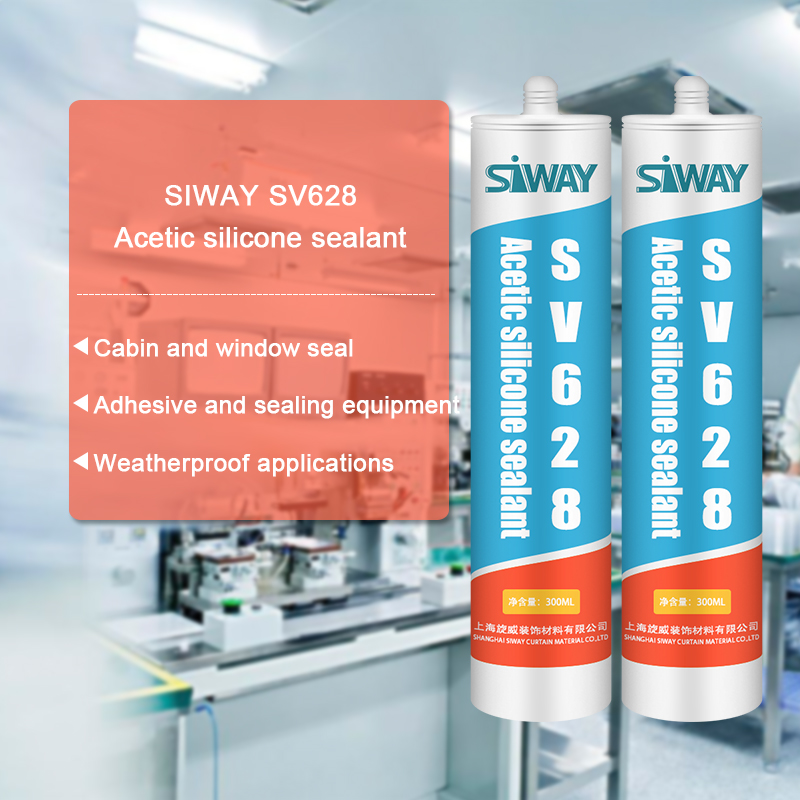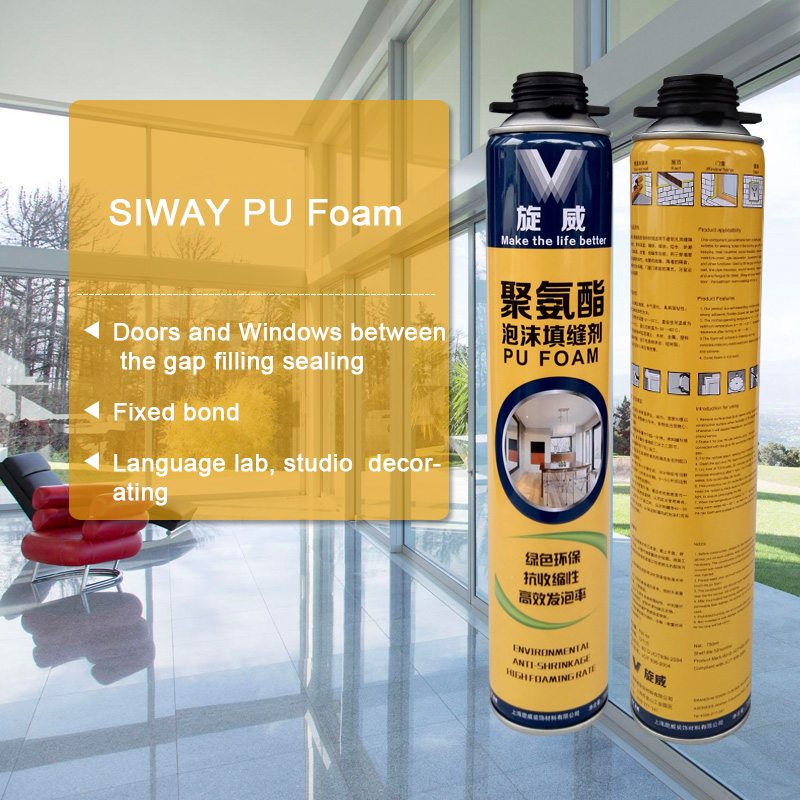Quality Inspection for CV-709 silicone sealant for PV moudels to Mumbai Factory
Short Description:
Description CV709 is a high-performance silicone sealant, one-component oxime type room temperature curing silicone rubber, has excellent weather resistance, high thixotropy, after curing for solar components involved in the base material has good caking property, by TUV for environmental requirements of the ROHS, UL E339949 Key Features 1. 100% silicone 2. No sag 3. high thixotropy 4. Water & weatherproof 5. For solar components involved in the base material has good bonding Basic Ap...
Assume full responsibility to meet all demands of our clients; achieve continuous advancements by promoting the growth of our clients; become the final permanent cooperative partner of clients and maximize the interests of clients for Quality Inspection for CV-709 silicone sealant for PV moudels to Mumbai Factory, We sincerely welcome friends from all over the world to cooperate with us on the basis of long-term mutual benefits.
Description
CV709 is a high-performance silicone sealant, one-component oxime type room temperature curing silicone rubber, has excellent weather resistance, high thixotropy, after curing for solar components involved in the base material has good caking property, by TUV for environmental requirements of the ROHS, UL E339949
Key Features
1. 100% silicone
2. No sag
3. high thixotropy
4. Water & weatherproof
5. For solar components involved in the base material has good bonding
Basic Application
1.Solar module frame seal
2.The adhesive of the solar energy back to the terminal block
3.General industrial assembly with seal
Technical data sheet
| Test standard | Test project | Unit | value |
| Before curing——25℃,50%R.H. | |||
| specific gravity | g/ml | 1.34-1.40 | |
| GB13477 | Operating time | min | 15 |
| GB13477 | surface drying time(25℃,50%R.H.) | min | 40-60 |
| 3 days after curing——25℃,50%R.H. | |||
| Temperature range | ℃ | -55~200 | |
| GB13477 | Durometer Hardness | Shore A | 40~55 |
| The ultimate tensile strength | Mpa | ≥2 | |
| GB13477 | Breaking elongation | % | 300-600 |
| Aluminum bonding shear strength | Mpa | ≥1.5 | |
| Electrical properties | |||
| Breakdown voltage | Kv/mm | ≥20 | |
| Volume resistance | ohm.cm | 9E+14 | |
| Dielectric constant | 3.1@50Hz | ||
Certification
UL E339949; TUV
Color
Black, White
Package
300ml in cartridge * 24 per box, 500ml in sausage *20 per box
Shelf life
12 months
Note
If you want the TDS or MSDS or other details, please contact with our sales person.
How does a transistor work? Our lives depend on this device.
Support Veritasium on Patreon: https://bit.ly/VePatreon
Subscribe to Veritasium – it’s FREE! https://bit.ly/YSWpWm
When I mentioned to people that I was doing a video on transistors, they would say “as in a transistor radio?” Yes! That’s exactly what I mean, but it goes so much deeper than that. After the transistor was invented in 1947 one of the first available consumer technologies it was applied to was radios, so they could be made portable and higher quality. Hence the line in ‘Brown-eyed Girl’ – “going down to the old mine with a transistor radio.”
But more important to our lives today, the transistor made possible the microcomputer revolution, and hence the Internet, and also TVs, mobile phones, fancy washing machines, dishwashers, calculators, satellites, projectors etc. etc. A transistor is based on semiconductor material, usually silicon, which is ‘doped’ with impurities to carefully change its electrical properties. These n and p-type semiconductors are then put together in different configurations to achieve a desired electrical result. And in the case of the transistor, this is to make a tiny electrical switch. These switches are then connected together to perform computations, store information, and basically make everything electrical work intelligently.
Special thanks to PhD Comics for awesome animations: https://bit.ly/16ZXcVY
And thanks to Henry Reich and Vanessa Hill for reviews of earlier drafts of this video.
Music: Kevin MacLeod (incompetech.com) Decisions
Waterproofing a watch is something that is not a DIY for at home unless you already have the tools and machinery. You can only waterproof a watch that is made to be a waterproof watch. You cannot waterproof a watch that was not intended for that.
We show the waterproofing needed when changing the battery of the watch. The gasket needing to be replaced and oiled and the crown being oiled. We check to see if everything is ok in the waterproof tester capsule. We tested my watch up to 8 atmospheres/bars.
We look for air, bubbles, anything that would show there is a leak from the crystal, crown, or case back. When everything looks perfect we take it out and re-insert the movement.
We do NOT do the test with the movement inside, in the off-chance it is not waterproof and there is a leak. Because then the movement would be damaged. So we check for leaks without the movement.
